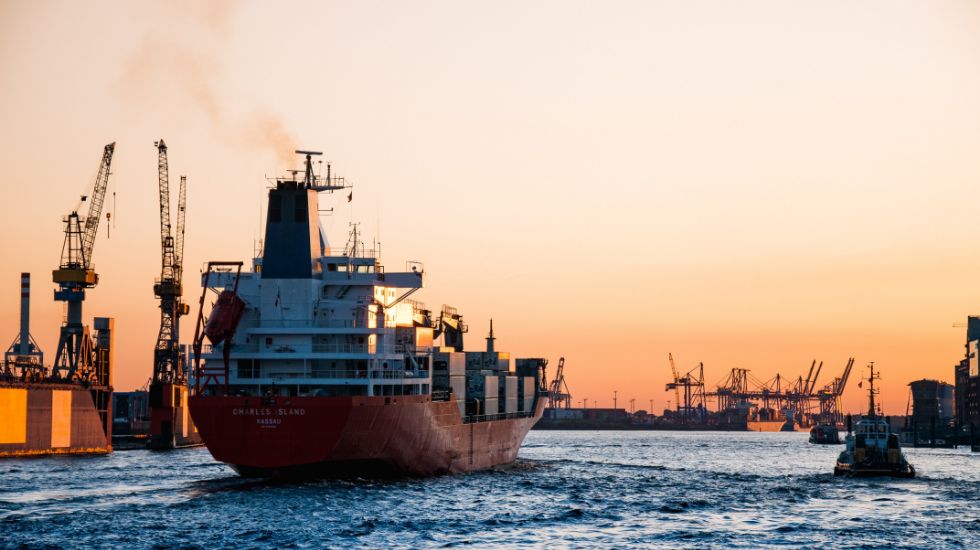
Insight
The Chancellor confirmed during the Budget in March 2021 that eight regions across England had been successful in their respective applications to become Freeports. These newly designated areas span across the entirety of England and the Government is working with the devolved nations in order to have at least one Freeport in Scotland, Wales and Northern Ireland in the future.
At a high level a Freeport is a specific geographical area which is aimed at generating inwards investment in areas which have notoriously suffered from high rates of unemployment and are viewed as largely deprived areas, but are situated in areas which are of strategic value to international trade. The rationale behind Freeports is aimed at generating jobs, investment and economic prosperity by facilitating economic activity in those areas by reducing the operating costs which would otherwise be payable by businesses in those areas as a result of taxation.
These areas, which are of even more economic importance in the wake of the UK’s departure from the European Union, benefit from different customs rules from the rest of the country. The eight confirmed Freeports benefit from proximity to major ports or, in the case of the East Midlands, in close proximity to airports and other sizeable distribution hubs. The primary benefit which economic entities receive in those areas is that all goods which are imported into the Freeport are exempt from taxes, and more specifically tariffs, which would otherwise be paid to the Government upon the arrival of those goods into the UK.
Take the example of a manufacturer. The savings on tariffs and other taxes means that the cost of importing goods such as raw-materials into the Freeport will (or at least should) be significantly cheaper. The materials can then be utilised for their end purpose without incurring the otherwise payable upfront costs through the payment of tariffs. Only at the point when the finished product leaves the Freeport, destined for another location in the UK, are tariffs levied on the products. The manufacturer, or other importer of any goods within the Freeport, may also export the finished product back out of the UK without ever having to pay any tariffs within the UK providing the product never leaves the Freeport. However, it is important to note that, there may be applicable customs or other levies which will still be payable, subject to the destination of those goods. Manufacturers and other importers are encouraged to study the potential benefits and savings associated with the use of the Freeports carefully.
The economic benefits associated with Freeports are wide ranging and extend beyond the immediate cost savings arising from favourable customs and duty levies.
Other tax advantages are available for businesses based in, or operating from, Freeports. These include, but are not limited to, capital allowances, stamp duty land tax and other land reliefs, business rate relief and, perhaps of most importance, employer national insurance contributions relief.
This is of direct benefit to those critical service businesses within the logistics sector who will comprise the core of forwarding, warehousing, shipping, haulage and cargo operations within the designated area.
There should also be indirect benefit to those outside of the designated areas, although the benefits will be less tangible. It is true to say that there is an argument that the Freeport areas drain economic activity away from immediate surrounding areas although the evidence for this is mixed and the benefits of a successfully run Freeport area is intended to result in a positive ripple effect outwards.
If you are a business which is looking to move goods in or out of a Freeport, then an application must be made using the relevant form on the Gov.uk website. The applicant will be required to provide an EORI number, its business information (such as its registered company number etc.), PAYE Scheme Reference and its Unique Taxpayer Reference.
If you are applying to undertake storage or processing activities then you will also need to provide details of the goods which you are importing, including commodity codes descriptions, quantities and values. For processing activities you will also need to provide details of what you intend to do with the goods.
It is welcome news that one of the designated Freeport areas is the Thames Freeport which covers the 34km economic corridor between the Ford engine plant in Dagenham to London Gateway and Tilbury which are of course sizeable global ports.
The Thames Freeport, which was the second of the eight to be opened for business, began enjoying the abovementioned tax benefits from 15 December 2021 and it is expected that this geographical region should generate up to £4.5 billion of new investment and create 21,000 skilled jobs. The objective is for the area’s economic benefits to extend to towns such as Barking, Thurrock, Dagenham and Havering with benefits being felt in the surrounding areas of London and parts of Kent, particularly the corridors to Dover and the channel crossing.
If the Freeport reaps the predicted benefits and does indeed generate inwards investment in those areas, there will be a knock-on increase in the demand for haulier services for the whole of the south-east region as greater levels of manufacturing and industrialisation will be witnessed as businesses strive to benefit from these tax advantages with an increase in processing and advanced generation logistics.
Thomson Snell & Passmore have for many years operated a successful office immediately adjacent to the Thames Freeport area, strategically located in the Thames Gateway area and our Transport and Logistics team encompassing market leading advisors across our business sectors are well placed to help clients in the sector maximise the benefits arising from use of the Thames Freeport area.
